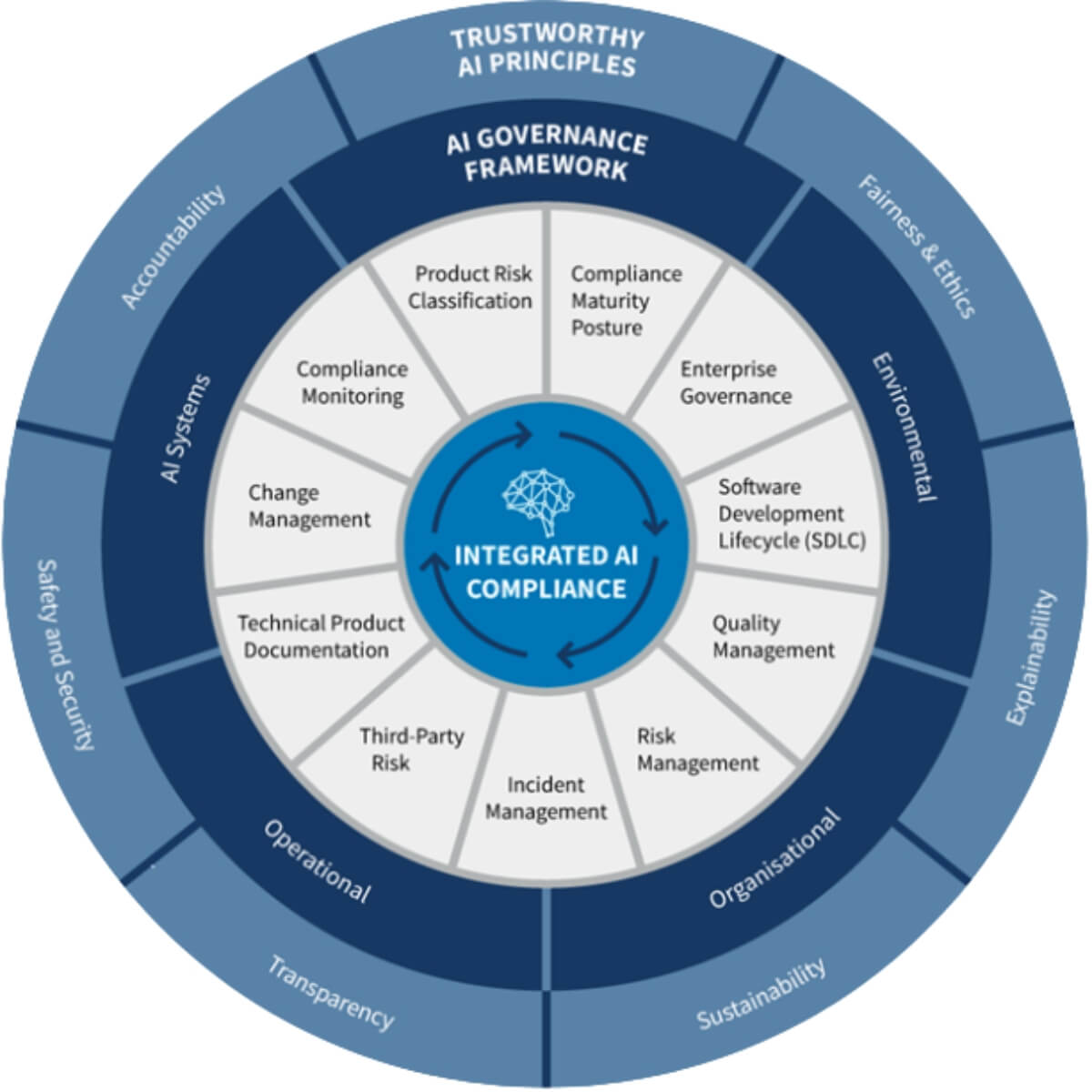In this resource
Strengthen your processes and increase data-driven decision-making for faster study start-ups.
Strengthen your processes and increase data-driven decision-making for faster study start-ups.
Issue tracking has become so ingrained in our daily work that it often goes unnoticed. We log "to-do" items and track "issues" constantly—whether in our calendars, project trackers, or specialized systems.
For those involved in vendor management, particularly in clinical settings, such as vendor alliance partners or procurement stakeholders, it’s crucial to stay on top of the many complexities involved. The term "issue" tends to carry a negative implication, suggesting something that needs to be resolved within a set timeframe. However, the broader picture includes not only these types of issues but also reminders, alerts, commitments, meetings, and other key elements that define the relationship between Sponsors and Service Providers.
We conducted a comprehensive survey, using both qualitative and quantitative methods, to understand how clinical outsourcing and vendor managers approach the process of "issue tracking."
From our survey of 60+ respondents, about half were using a Quality Management System (QMS)—either a professional system, home-grown solution, or Excel adaptation—to track vendor performance issues. These systems, typically managed by Quality departments, are primarily used to track quality-related issues at the clinical study level, rather than managing vendors at the portfolio and relationship level.
The remaining half, dedicated vendor management functions within departments such as Procurement, Outsourcing, or Business Operations, often experienced “information blindness.” These Vendor Managers usually rely on Service Providers to handle issue tracking, which creates an oversight gap. Compounding the issue are limitations like licensing restrictions and departmental silos that hinder the fluid exchange of information between Quality and Vendor Management teams, leaving verbal and written communication as the only means of collaboration.
The Challenges with Current Systems
Using non-dedicated vendor management solutions to handle vendor risk poses several challenges:
- Limited Scope: QMS systems are designed for quality event management, not for governance or relationship management. For example: budget overruns, security or IT matters, re-qualification for non-GXP services, or contracting related issues are not captured in a QMS, or in generic vendor management systems.
- Exclusion of Vendor Managers: Vendor Managers are often left out, leaving them to track financial, contractual, and performance-related items outside of the QMS, Finance or IT systems, usually in Excel spreadsheets. These items can range from governance meeting deadlines to change order status checks, KPI reviews, service evaluations, legal follow-ups, and more.
- Broader Vendor Inclusion: Vendor risk management spans beyond GxP regulations and clinical environments. Service providers in R&D, manufacturing, or clinical supply, regardless of priority tier level, all require relationship and performance management. Unfortunately, many generic vendor management systems aren’t designed for cross-study, cross-category tracking or strategic governance. This leaves Vendor Managers with few options besides the ubiquitous Excel tracker.
A Widespread Problem
This challenge isn’t unique to Sponsors. Clinical Research Organizations (CROs), which often manage vendor performance and risk for small to mid-sized biopharma companies, face similar limitations. They too rely on basic tools, such as spreadsheets, to track issues, action items or other third-party vendor related issues. The manual nature of this work is inefficient and costly, driving up the budget as CROs typically charge based on hourly effort. Vendor management thus becomes one of the top cost drivers in these CRO proposals due to the lack of adequate technology to drive efficiency.
Enter VISION 4.3: A Solution for Both Sponsors and their Service Providers
With the release of VISION 4.3, we address this critical industry challenge: the lack of dedicated vendor management technology.
Our goal is to shift the status quo by bringing transparency, efficiency, and visibility to vendor performance management. The inability to efficiently manage issues and performance is costing the industry billions. The industry needs centralized tools—not siloed by departments, restricted by user licenses and departmental “turfs”—enabling seamless connectivity across internal ecosystems. More than ever, we need fluid data exchange to manage performance proactively, rather than simply tracking incidents and reacting to problems as they arise. Strategikon’s advanced vendor issue tracker is designed to meet these needs, allowing Vendor Managers, Clinical Operations, Finance, IT, Quality and other key stakeholders to track anything, including contract actions, quality incidents, governance meetings, qualification statuses, and M&A activities, by connecting to other internal systems, or being the system of record. This applies to all vendor types—whether regulated or not, clinical or non-clinical—within a relationship-centred framework.
Looking ahead, advancements in Artificial Intelligence (AI) will revolutionize issue tracking. The next generation of tools will not only track issues and “to dos” but predict them based on patterns and suggest actions or responses.
Let 2025 be the year of change for your organization as you embrace VISION to bring efficiency, transparency, and collaboration to vendor relationship management.
In this resource
Strengthen your processes and increase data-driven decision-making for faster study start-ups.
RESOURCES
Explore Expert Insights and Resources for Clinical Excellence

Webinars
AI is everywhere these days — but it’s also confusing. What exactly is it? Does it actually work? Why do some companies restrict its use? Are all “AI” tools created equal? And how do generative and agentic AI differ? Join Clinical Maestro’s live webinar to cut through the noise and explore what’s real vs. hype in AI for clinical outsourcing and procurement.

Blogs
Strategikon launches Clinical Maestro® 5.0 with Clinical Maestro AI — transforming clinical outsourcing. Learn how sponsors and CROs benefit from vendor intelligence, rate card compliance, change order simplification, and cost transparency.

Case Studies
Faced with inefficiencies, compliance risks, and fragmented communication, a biopharma company dramatically enhanced its vendor governance by implementing VISION!
DEMO
Request a demo
Discover how Strategikon’s advanced solutions can streamline your clinical trial operations. Request a personalized demo to explore how our tools transform budgeting, vendor management, and outsourcing efficiency for pharma and biotech.





















